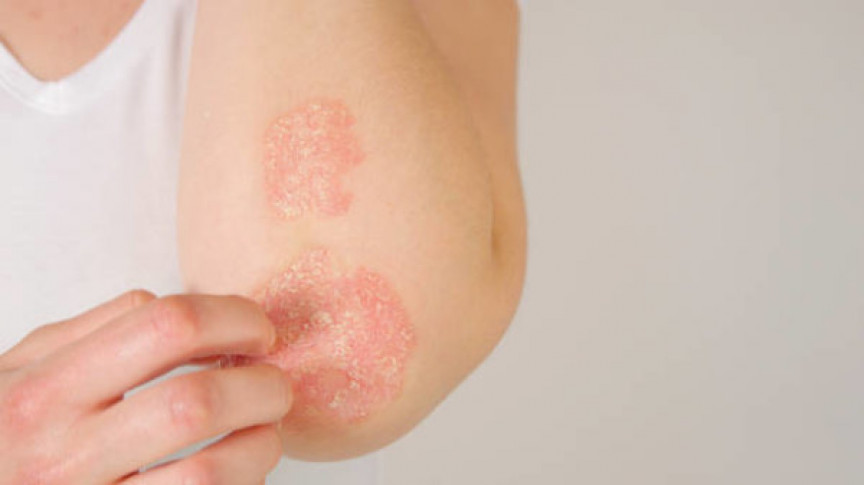How A Dermatologist Can Help You Treat Plaque Psoriasis Symptoms

What is psoriasis?
Psoriasis is a common, chronic inflammatory skin condition that causes thick, red and scaly patches on the skin. Although it typically affects the elbows, knees, scalp, back, face and feet, it can appear anywhere on the body. Psoriasis can be small patches or cover larger areas on the body – but is not contagious and cannot be spread through skin-to-skin contact. Psoriasis can appear for the first time in childhood or as an adult.
The most common form of this condition is called plaque psoriasis, which causes raised, dry, red patches with silvery scales. Other types of psoriasis include:
Scalp psoriasis involving the scalp and hairline
Nail psoriasis affecting the fingers and toes
Palmoplantar psoriasis affecting the hands and feet
Guttate psoriasis that primarily affects children and teenagers
Inverse psoriasis occurs in the armpits and under the breasts and genitals
Psoriatic arthritis is arthritis that most commonly affects the hands
What are the symptoms of psoriasis?
Psoriasis can start at any age. It affects each patient differently, and can cause both emotional and physical discomfort during flare ups.
Psoriasis is a chronic disease and symptoms come and go, but can sometimes last a lifetime. Here are some of the most common symptoms:
Red, thick skin that appears in scaly patches
Dry, cracked skin that itches and sometimes bleeds
Swollen or stiff joints
Some patients with psoriasis also develop a form of arthritis called psoriatic arthritis. Patients typically develop this years after they’re diagnosed with psoriasis. The main symptoms include joint pain, stiffness and swelling.
What are the causes of psoriasis?
Psoriasis is caused by a problem with your immune system. In a process called cell turnover, the skin cells rise to the surface at an exponential rate and cause a buildup. This is why psoriasis patients have thick, raised patches of skin. Patients with this skin condition frequently have a family history of psoriasis.
Although each patient may have unique triggers, here are some of the common causes and triggers for psoriasis flare ups:
Stress
Infections
Medications
Smoking or excessive alcohol consumption
Skin injury such as cuts or scrapes
Pregnancy
Is psoriasis treatable?
Although there is no known cure for psoriasis, there are highly effective treatment options. Since psoriasis is a chronic skin condition, the goal of treatment is to reduce inflammation in the skin, which will help alleviate and manage flares.
Treatment options can be dependent upon the location of the body, severity and type. Many patients have been successful in managing their symptoms with the following treatments:
Topical medications including topical corticosteroids, prescription retinoids, topical vitamin D and coal tar
Oral medication
Injectable medication
Schedule an appointment to treat psoriasis
At Columbus Aesthetic & Plastic Surgery, we understand that psoriasis can affect your quality of life. We are happy to provide our patients with high quality care and expert recommendations from our board-certified dermatologist Dr. Wetli. Depending on the severity and type of psoriasis, Dr. Wetli will determine the best psoriasis treatment for you with the goal to improve the appearance of your skin, giving you the confidence you deserve.
To learn more about psoriasis treatments, book an appointment with Dr. Wetli today! We accept most major insurance plans and service Columbus, Ohio and its surrounding areas. We look forward to helping you improve the health of your skin so you can look and feel your best.